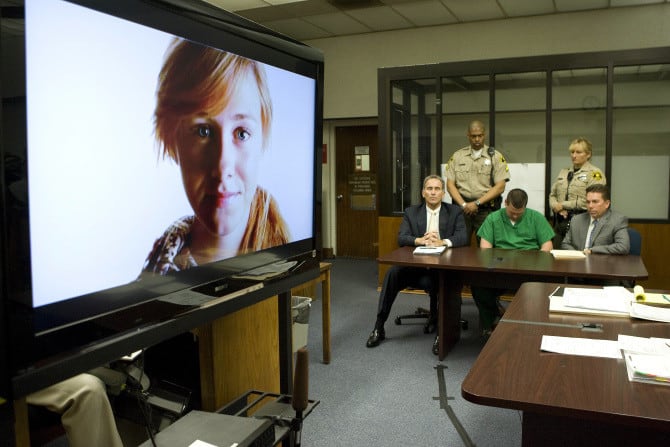In our Inland Empire region, we have an important consensus to make funding and investment in UC Riverside a top budget priority in Sacramento. As you can expect, this is an ongoing fight. And with so many demands on our limited state resources, it is a difficult one as well. But the fight is worth having, and the difficulty of the challenge only highlights how important it is.
That is why I joined this session with a bipartisan group of legislators to ensure new and increased funding for UCR. But we had to go further, so I co-authored legislation to enact a tuition freeze at all UC and CSU campuses as long as several temporary taxes are in effect.
But as happens so often, politicians in Sacramento failed to achieve meaningful and sustained education funding, and college students throughout California were severely shortchanged in the recently-enacted 2014-15 state budget.
This is especially unfortunate, given the many promises made regarding Proposition 30, the statewide ballot initiative approved by voters in 2012.
We were told that a vote for Prop. 30 would generate new revenue for schools. In fact, its official title was as unambiguous as possible: “Temporary Taxes to Fund Education.” What could be clearer?
Proponents of the measure actively registered high school seniors and college students to vote and more than hinted that their education was at stake. They barnstormed college campuses up and down the state, loudly proclaiming and consistently promising that Prop. 30 would generate extra resources which would keep college more affordable and accessible.
Buoyed by strong support from younger voters, Prop. 30 captured more than 55 percent of all ballots cast. Too bad it has 100 percent failed to deliver.
Here are the facts: State analysts anticipate California will collect $7.4 billion in new revenue from the Prop. 30 taxes. And what’s the share for UC and CSU schools? It’s not $7.4 billion. The official estimate from the state is that the UC and CSU systems will each receive about $142 million.
Funny, but I don’t remember seeing that factoid in any of the “Yes on 30” television ads.
And that surprising amount is actually $85 million less than the schools should receive based on the state formula.
So what happened to all that new revenue supposed to go toward education? It’s being spent on the same endless pet projects and ambiguous funding requests conjured up by powerful lobbyists during a thousand late-night discussions in Sacramento’s back rooms.
We can conclude that not one meaningful meeting was devoted to doing something as mundane as keeping a promise to the millions of voters who put their trust in a process to improve California’s colleges and universities and bring them a little closer to the reach of bright students who only need an open classroom door to walk through.
Without this additional funding, I fear that students who want to attend a school like UC Riverside may see their dream of a college education denied because there won’t be enough funding to admit them. Additionally, even students fortunate enough to be enrolled on campus may not get the classes they need to graduate in four years.
I will continue to fight for more higher education funding in the state budget, and I invite you to join me.
Because this year reminds us of an important lesson: Only by making our voices heard can UC Riverside, our public colleges and universities, and all who rely upon them finally get what they deserve.
Assemblyman Eric Linder, R-Corona, is a member of the Assembly Committee on Higher Education.
As published by Assemblyman Eric Linder in the Press Enterprise on August 22, 2014.




